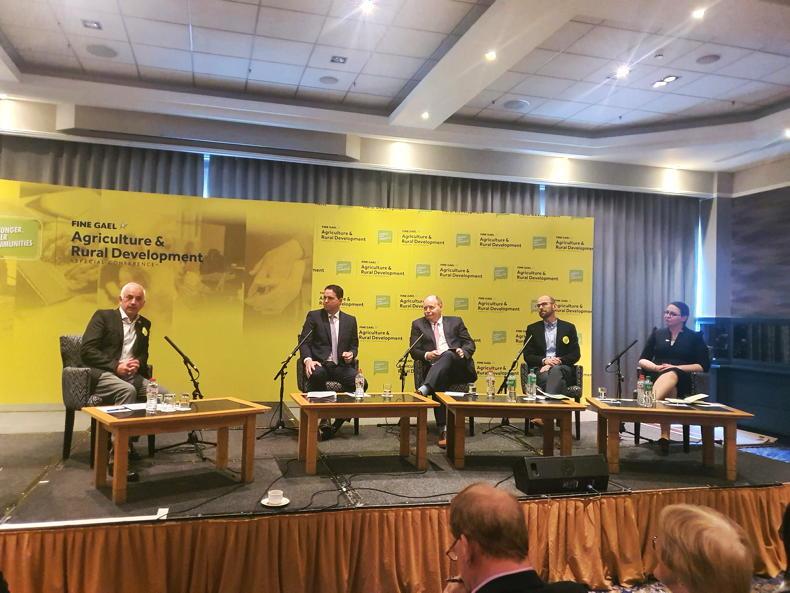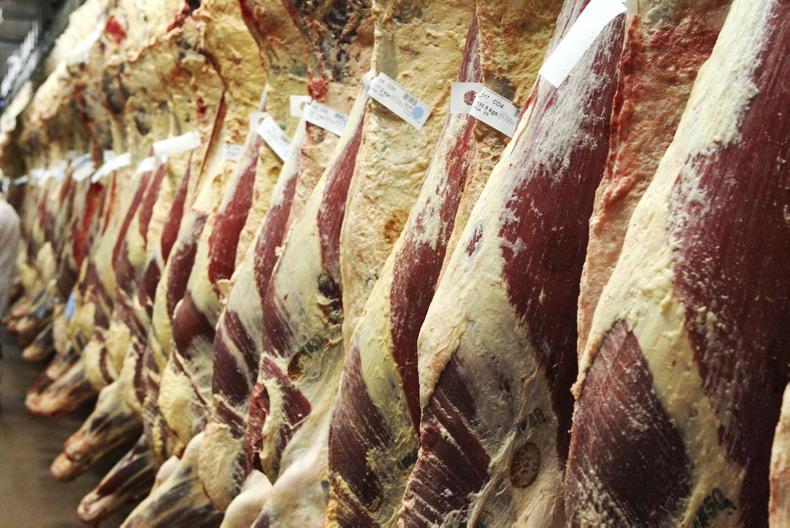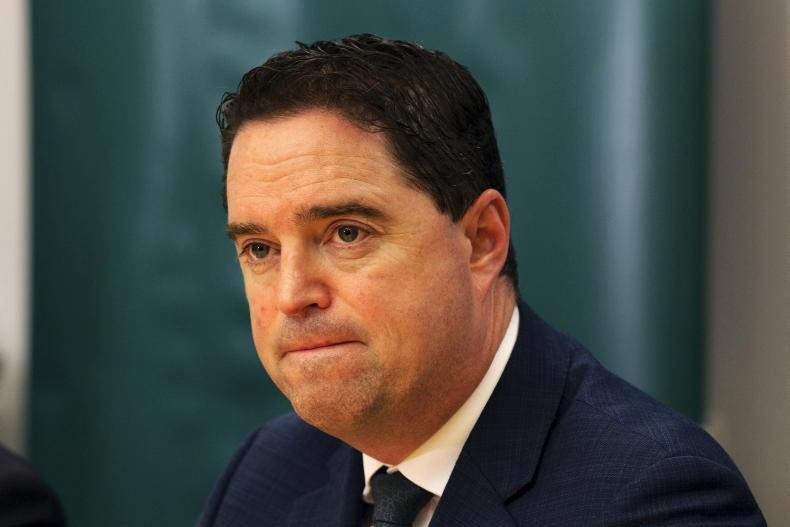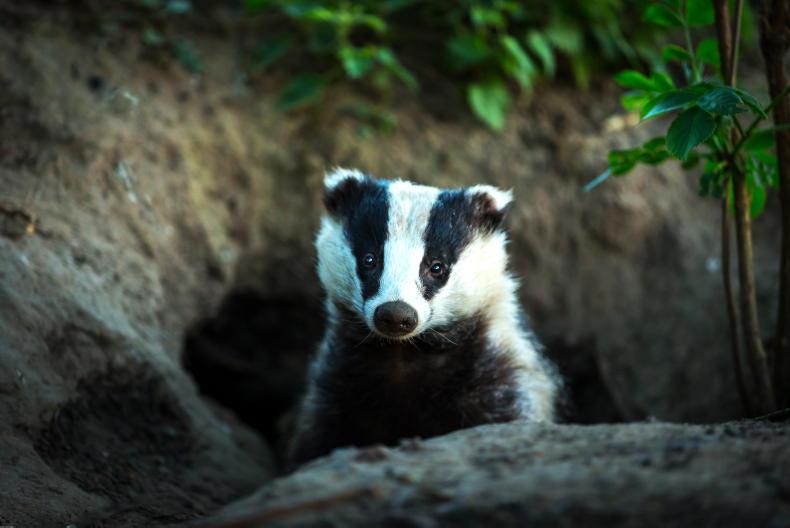There needs to be greater management of the breed programme of the dairy herd to provide stock that is suitable to be finished as beef, Dawn Meats commercial director Richard Clinton has said.
Speaking at a forum on markets and margins at Fine Gael’s agriculture conference on Saturday morning, he said: “In terms of the byproduct from the dairy industry, the progeny available has to be of better quality that can be converted into beef.
“Because otherwise we’ll end up in a situation which we’ve seen in other countries where calves are shot shortly after birth because they’re not of a suitable quality in order to be finished into beef.”
Producer organisation
Clinton was later challenged by Beef Plan Movement founder and Emerald Isle Producer Group chair Eamon Corley.
“Dawn Meats are one of the big three [beef processors] who many farmers feel exercise undue control of the meat industry. They have said they would be willing to work with producer organisations. Yet the big three have refused to deal with our producer organisation,” said Corley.
“I don’t think that’s in the spirit of giving power to the farmers. Will Dawn do what they said they would do and deal with a farmer-run producer group?” he asked.
“We do deal with producer groups as part of our organisation,” replied Clinton. “I don't know the specific reasons or discussions you may have had, but I would look to the proposition you put forward as to why it wasn’t successful.”
Opening the conference, Minister of State for Agriculture Martin Heydon described farming as “our most important indigenous industry since the foundation of the State”.
“If we are to enhance food security, we must produce food in parts of the world where it is most suitable,” said Heydon, himself a drystock and tillage farmer. “But we must also do so within planetary boundaries.”
Minister Heydon tasked Fine Gael’s new agriculture forum with delivering a policy for on-farm energy microgeneration within three months.
He was challenged on sustainability by one questioner from the floor. “How can you have sustainability when you come out of a supermarket with a €2 chicken in one hand and a €3 cappuccino in the other?”
Armageddon
Describing the fire Glenisk suffered last November as “armageddon”, Glenisk’s financial director Gerard Cleary explained the impact it had on the organic yoghurt producer.
“Turnover went from €30m a year to €3m,” he said. “We got going in February but we lost four months and the market has changed.”
Drystock future mainly part-time
“The future is a little less defined for drystock students,” said Mountbellew Agricultural College principal Edna Curley, who highlighted that her students are “mainly drystock”.
“They will need an alternative [income] realistically, their future is part-time farming.
“If you are a part-time farmer and you need to have an income elsewhere, your’e progressing on to our programmes in agribusiness, agri-environmental and agri-engineering.”
It gives graduates options “right within the agri-industry, which is where they want to be”, she said.
The conference continues through the day, with Tánaiste Leo Varadkar addressing the meeting in the afternoon.










SHARING OPTIONS